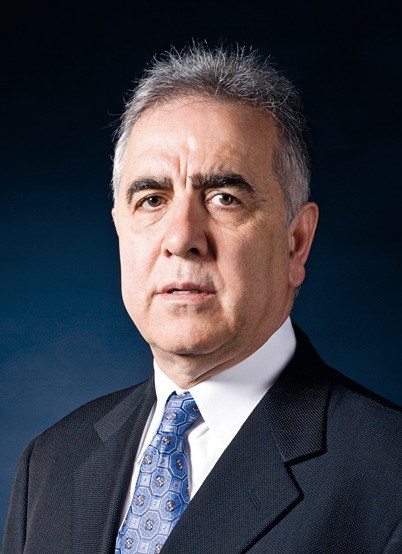Even though it is not an easy task to unify Armenians around a common set of restitutive demands from Turkey, it is critical to do so on the eve of the Centennial of the Armenian Genocide.
It is imperative that Armenians speak with one voice, telling the world what exactly they want from Turkey, because divergent demands would send a confusing message. Some Armenians would be satisfied with a simple acknowledgment of the Genocide and apology from the Turkish government. Others are after financial restitution, open borders, Black Sea access, and the return of Mount Ararat. Maximalists, including this author, demand everything that Armenians lost during the Genocide: restitution for the murders of 1.5 million Armenians, and recovery of their properties, bank accounts, churches, schools, cemeteries, and territories of Western Armenia. In previous columns, I have advocated the use of the general term — seeking justice — to summarize all Armenian demands from Turkey.
Being a ‘maximalist’ implies not only reclaiming everything Armenians lost during the Genocide, but also employing an optimum negotiating strategy. Why ask for the minimum and end up with even less? Wouldn’t it be wiser to begin with maximal demands and strike the best possible bargain?
These were some of my thoughts as I read the well-written commentary of Armenian Foreign Minister Edward Nalbandian, published in Le Figaro last week: “Turkey should reconcile with its own past.” He correctly labels as ‘fabricated’ and ‘misleading’ the recent use by Pres. Erdogan and other Turkish officials of the terms ‘common pain’ and ‘just memory’ in reference to the Armenian Genocide. Nalbandian also rejects the Turkish proposal for a “commission of historians in order to find the truth” about the Armenian Genocide. Unfortunately, this sinister proposal was included in the Armenian-Turkish Protocols of 2009 which the Foreign Minister continues to support in his article. Furthermore, rather than simply castigating Turkey for denying the Armenian Genocide and seeking ‘reconciliation’ through ‘recognition and condemnation of the Genocide,’ the Foreign Minister should have asked for ‘justice’ that encompasses all Armenian demands.
At the end of his in depth commentary, Nalbandian reminds Le Figaro readers that Pres. Sargsyan had invited Pres. Erdogan “to visit Armenia on April 24, 2015, on the occasion of the commemoration of the 100th anniversary of the Armenian Genocide. We hope it will not be a missed opportunity and Turkey’s President will be in Yerevan on that day.”
Clearly, Armenia is trying to put the Turkish President in a difficult corner: he will either reject the invitation, making him look bad in the eyes of the world, or come to Armenia on April 24, 2015, and acknowledge the Armenian Genocide.
To pursue this clever scheme, the Foreign Minister of Armenia took the unusual step of attending Pres. Erdogan’s August 28 inauguration to hand over Pres. Sargsyan’s formal invitation. Nalbandian’s Ankara visit came right after Erdogan insulted Armenians by complaining on Turkish television that some people called him Georgian, and “even worse, they called me an Armenian.”
I seriously doubt that Erdogan would show up in Yerevan on the Armenian Genocide Centennial. If he does not, Armenian officials would be elated that their ploy worked, making Erdogan look like an obstructionist. But, what if the Turkish President does come to Armenia on April 24, 2015? Erdogan may say and do a lot of outlandish things, but he is a wily politician who can easily evade the Armenian trap and turn the tables on his hosts. He could go to the Genocide Memorial Monument in Yerevan and announce that he has come to ‘share the pain’ of all victims of World War I, including Turks and Armenians. That would be a great public relations coup for Erdogan!
Just last week, Pres. Erdogan took a tough stand against Armenia during his visit to Azerbaijan. He told Pres. Aliyev (for the thousandth time) that Turkey will not open its borders with Armenia until the latter withdraws from Karabagh (Artsakh). The newly-appointed Prime Minister Ahmet Davutoglu and Foreign Minister Mevlut Cavusoglu made similar harsh anti-Armenian remarks. In return, Pres. Aliyev pledged to support Turkey in ‘exposing the fictional Armenian genocide.’
It is clear that Turkey and Azerbaijan are escalating their rhetoric and planning joint efforts against Armenia rather than looking for reconciliation. Under these circumstances, Armenia should take an equally tough stand against the two hostile Turkic states, starting with the immediate withdrawal of Armenia’s signature from the Armenian-Turkish Protocols.


